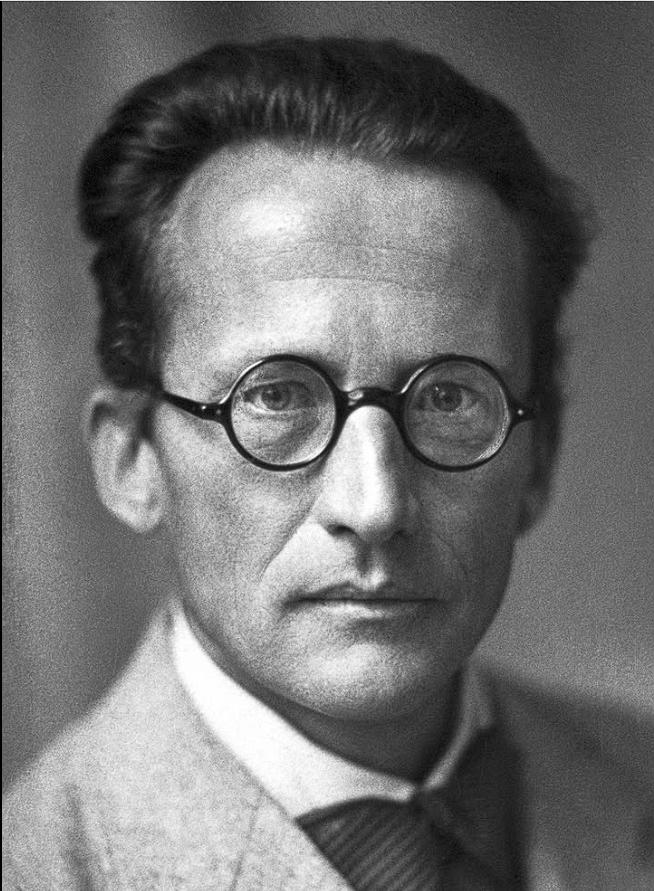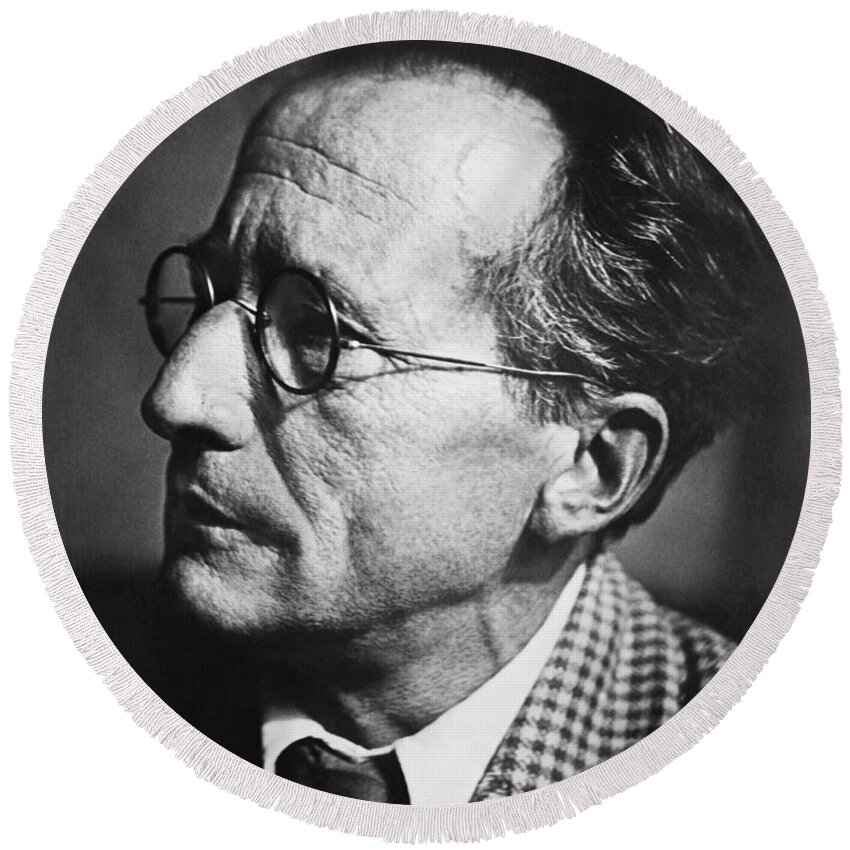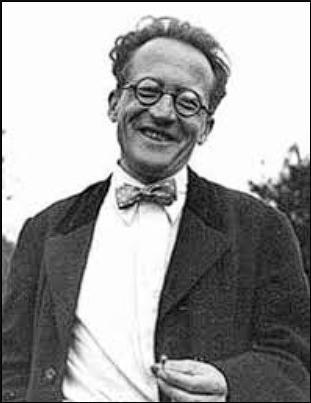Erwin Schrödinger, the brilliant physicist whose thought experiment with a paradoxical cat continues to fascinate, found an unlikely haven in Ireland. His journey from Vienna, marked by scientific brilliance and political exile, led him to Dublin, a city he cherished. This raises intriguing questions about the acceptance of unconventional figures in conservative societies and the weight we should give to a scientist’s personal life when assessing their legacy.

From Exile to Acceptance: Schrödinger’s Dublin Years
Born in Vienna in 1887, Schrödinger rose to prominence in German physics during the 1920s. However, his vocal opposition to the Nazi regime forced him to seek refuge. This quest for intellectual freedom led him to Ireland, where he played a pivotal role in establishing the Dublin Institute for Advanced Studies in 1940.
- A Haven for Intellectual Pursuits:
- Ireland, despite its deeply traditional social fabric, offered a sanctuary for intellectual exploration. The Dublin Institute, in its nascent stages, prioritized scholarly achievement above all else.
- Schrödinger’s reputation as a leading physicist likely outweighed any societal reservations about his personal life.
- The Power of Personality:
- As Max Born observed, Schrödinger’s brilliance, generosity, and wit were undeniable. These qualities likely facilitated his integration into Dublin’s intellectual circles.
- His ability to engage in stimulating discourse and contribute meaningfully to the academic community fostered acceptance.
- A Tolerant Intellectual Microcosm:
- While Irish society at large adhered to conservative norms, the academic environment surrounding the institute may have been more open-minded.
- Scientists and scholars often embrace a more progressive worldview, prioritizing intellectual merit over social conformity.
- A Refuge in a Time of Crisis:
- During the second world war, Ireland was a neutral country. This neutrality, made it a very safe place for him to live.
The Weight of a Scientist’s Personal Life:

The question of how much a scientist’s personal life should influence their legacy is a complex one, with valid arguments on both sides.
- Arguments for Relevance:
- Ethical Implications: A scientist’s ethical conduct, especially concerning their research, is paramount. Actions that violate ethical principles can erode public trust in science.
- Potential Bias: Personal biases or beliefs can subtly influence research, potentially skewing results or interpretations.
- Public Perception: Scientists are often seen as role models, and their personal lives can shape public perception of the scientific community.
- Arguments Against Relevance:
- Separation of Spheres: Many believe that a scientist’s professional contributions should be evaluated independently of their personal life.
- Focus on Impact: The primary emphasis should be on the scientist’s contributions to knowledge and their impact on society.
- Historical Context: It’s crucial to consider the historical context in which a scientist lived, as social norms and values evolve over time.
- The Complexity of Individuals: Human beings are complex, and judging their legacy based on a single aspect of their personal life can be overly simplistic.
- Schrödinger’s Case:
- His scientific contributions, particularly in quantum mechanics, are undeniable and profoundly influential.
- While his personal life was unconventional, it did not directly compromise the validity or quality of his scientific work.
- Therefore, many argue that his legacy should be primarily judged on his scientific achievements.
In conclusion, Schrödinger’s acceptance in Ireland reflects a complex interplay of intellectual merit, personal charm, and the unique circumstances of the time. The debate surrounding the relevance of a scientist’s personal life to their legacy underscores the challenges of balancing individual complexity with the pursuit of objective truth.

